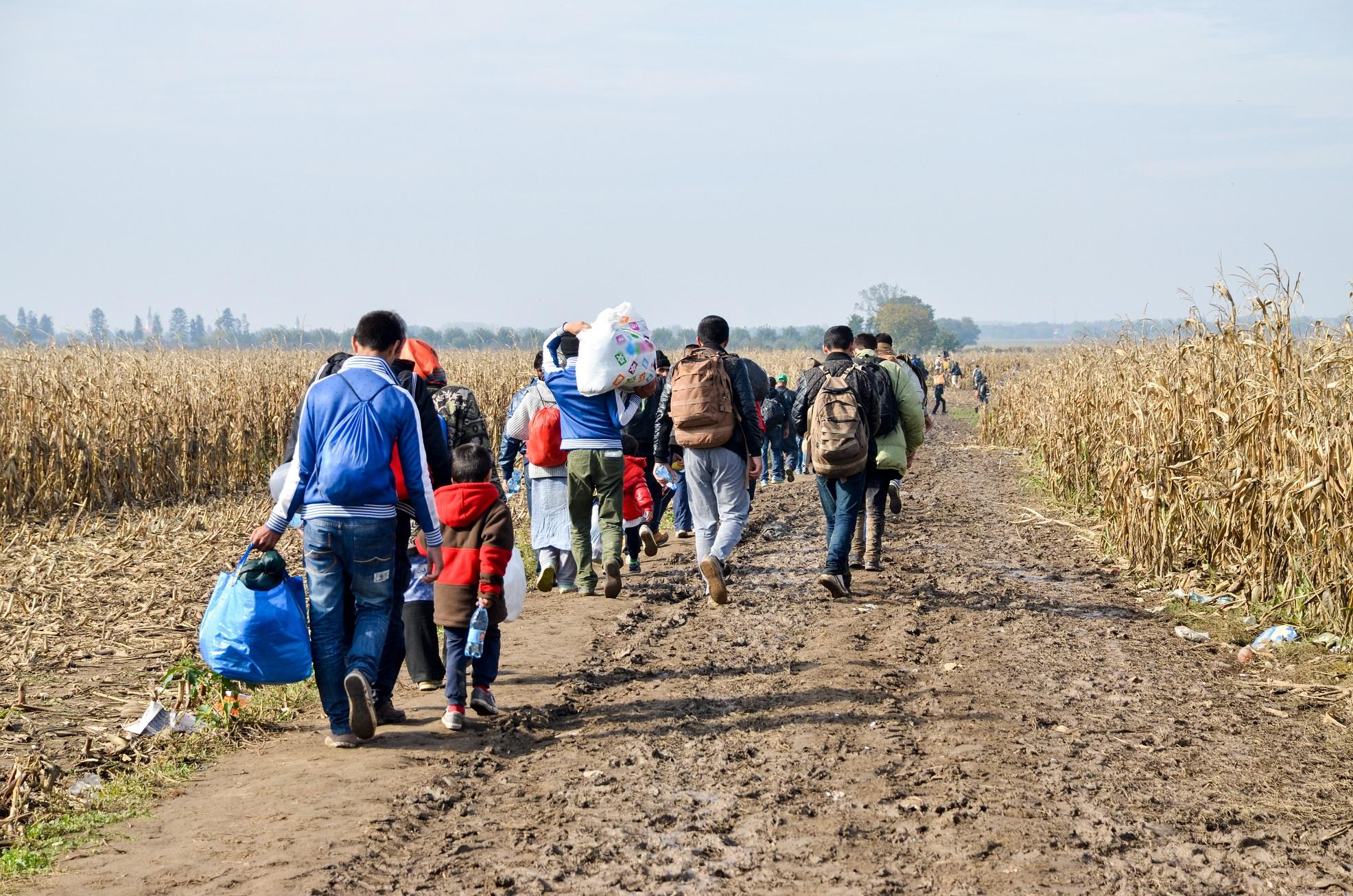World Refugee Day 2022: Everyone has the right to quality and inclusive education
Published:
ETUCE joins in celebrating World Refugee Day. This year the UNHCR theme is ‘the right to seek safety’ and ETUCE and EI remind that every child has the right to quality and inclusive education wherever they are, including refugees, migrants, and displaced children.
The education sector and education trade unions have a key role in supporting the inclusion of refugees and migrants - in education systems and the labour market – students and education personnel alike. ETUCE and its member organisations help, ensuring that every child, every student, every teacher who flees their home has a welcoming education community to learn and thrive, as highlighted in Joint EI-ETUCE statement on Ukraine's refugee crisis.
Following the 2022 military invasion by the Russian Federation of the Ukraine, almost 7 million Ukrainian residents have been displaced fleeing the war zone to the neighbouring countries, adding to the 12 million refugees and asylum-seekers who are already living in Europe; one-third of them - children, a number of them being unaccompanied minors. Most of the Ukrainian refugees fled to EU and other neighbouring countries such as Poland, Romania, Moldova, Slovakia and Hungary. They are mostly women and children and the demands therefore on the education sector are high to ensure access to quality education. In the context of the economic and social recovery from the COVID-19 pandemic, including soaring inflation, and housing, food, and energy prices, these demands are especially challenging.
“The pressure on teachers and students is enormous and national education systems are being challenged in multiple ways, - says European Director Susan Flocken, - Our aim must be to leave no one behind. Education systems in Europe urgently need sustainable public funding for inclusive education, relevant teacher training, and strong social dialogue, to deal with refugees and migrants in an effective and inclusive manner and to address their specific educational needs and provide them with targeted support.”
According to the Fundamental Rights Agency (FRA), persons in need of international protection and migrants in general face a number of barriers in Europe that may prevent their successful integration into education. These include the need to learn the language of the host country, gaps in prior education, precarious housing, mental health issues, and sometimes nationalistic discourse in the hosting society. Addressing such barriers is crucial not only to fulfil the right to education, but also to enhance refugees’ future integration in the labour market, their well-being and their inclusion in society. Education trade unions in the European region are carrying out a broad range of actions, from supporting migrant teachers and professional development of school staff (example teacher training), information dissemination, to establishing a database of refugee teachers to find them an employment in the education system of the hosting country, lobbying the government to adapt legislation, and providing shelter in trade union centres.
For more information on ETUCE’s continuous work on supporting the inclusion of migrants and refugees in education, and on displaced people from the Ukraine, please see ETUCE Action Plan on Equality, Diversity and Inclusion and Strategy for Implementation, the ETUCE hub on the war in Ukraine and report on ETUCE solidarity mission to Romania, Poland and Moldova, and the outcomes of the ETUCE-EFEE project “European Sectoral Social Partners in Education promoting effective integration of migrants and refugees in education”.